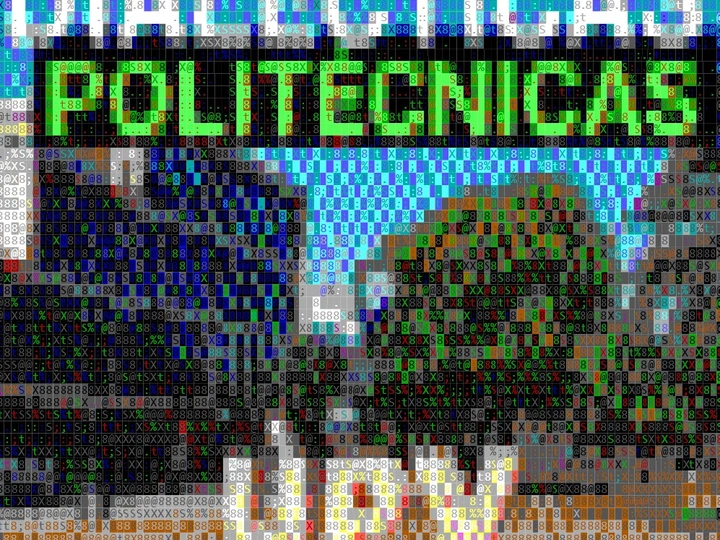Polytechnic Dialectics

Researcher, Ph.D. in architecture, and acoustic artist based in Valencia, Spain. My work focuses on the links between sustainable architecture, the environment, and soundscapes.
In December 2021, I obtained my Ph.D. at the Polytechnic University of Valencia (UPV) with the thesis entitled "On Life Cycle Assessment in the Built Environment: from Conventional Sustainability to Regeneration and Glocal Architecture."
In 2020 I obtained an honorable mention in the Ciutat d'Algemesí Scientific-Technical Award for my work using rice straw waste to manufacture construction materials.
I have done three three-month research stays at the Technical University of Budapest (Hungary), InnoRenew CoE (Slovenia), and the Laboratoire de Sciences Sociales Pacte (France). I have also participated in two European projects, "Pioneers Into Practice" and "Sonotomia." As a result of my participation in Sonotomia, I attended an artist residency and presented a collaborative multi-sensory exhibition on the relationship between sound, technology, and architectural heritage in Albarracín.
Currently, my postdoctoral project seeks to develop a methodology to apply the LCA-Social to the built environment and combine it with parametric architecture to improve the inhabitants' quality of life. Likewise, I collaborated with the Punto Cero Master Plan, financed by the Valencia City Council on the decarbonization of the city, and developed a teaching project for training architects on how to deal with the problem of energy poverty.
In 2022, I obtained a grant from my university (UPV) to develop a project on our university campus's acoustic heritage and its links with its surroundings, architecture, and the local community.
University campuses are social communities with their own traditions, customs, and even culture. Those traditions' history and evolution dramatically influence how students learn, professors teach, and other university employees interact. However, this influence is not apparent and, therefore, often neglected. Most university students do not know their university's history, which worsens their ability to fully take advantage of the possibilities university life offers them.
This project analyzes how to use new technologies and narratives to convey that information to students and university personnel. In this case, the UPV campus has been studied through a series of sound essays. The sound essays reflect on the university's history, the architectural environment's influence on social interactions and non-formal learning, the soundscape of the campus and its relationship with university users, and the limits of the university itself and the speculative future.
The project entails capturing campus soundscapes and conducting interviews with professors, students, and other staff members. The methodology for producing these sound essays is to create a transdisciplinary perspective to narrate the university campus as a character.
Chapters:
• Chapter 1. Seeds and limits: An exploration of the origin of the university and its boundaries.
• Chapter 2. The sound of numbers What does the UPV sound like? A reflection on the acoustics of campus spaces and the tension between natural and technological sounds that inhabit the university.
• Chapter 3. Neverland: Generational tensions at the UPV. The university lives in continuous generational renewal. This chapter will deal with the generational tensions in the university and how its protagonists live it.
• Chapter 4. The end of the Polytechnic: This chapter seeks to imagine the future of the university and its possible end. Perhaps it will end when it is no longer needed when technology kills technology itself.